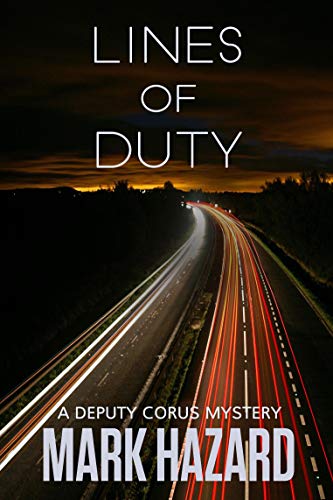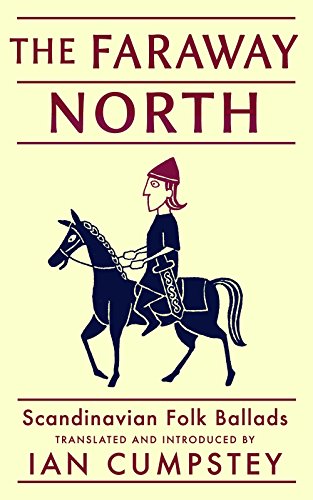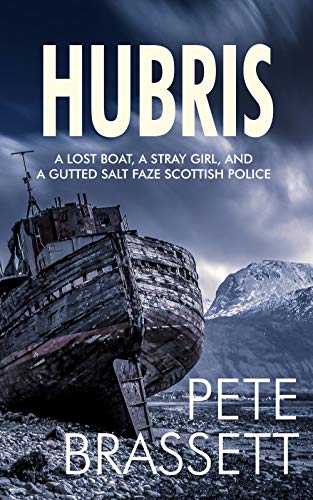I put aside my reading of the New Avengers series to look at this collection of five issues called The New Avengers: Illuminati. I thought it was a prequel to the other series and it does begin that way, but somehow I got mixed up on publication dates. My library site has 2019, but these issues start in 2008 and may stretch to 2010-11, putting this book well before my current series.
But it begins as I expected. Reed Richards of the Fantastic Four, Tony Stark, Namor the Sub-Mariner, Charles Xavier, Stephen Strange, and Black Bolt have pulled together to tackle select work of a specialized nature in light of war between the Kree and Skrulls that spilled onto the Earth. Richards has called the meeting and tells them he has one (no, three) of the infinity gems. Oh, and a gauntlet. Understanding it would be super-dangerous for anyone to have all six gems, Richards suggests they are just the super-dangerous men to collect all six in order to keep them out of everyone else’s hands.

Of course, they collect the other three gems, and The Watcher shows up to say, “My job is to watch and record the universe’s defining events.” (I think he’s contractually obligated to say that.) “And, Reed, I am so disappointed in you.” He says no one should have all six gems, especially a human, so Reed distributes them to the team.
What could go wrong?
In the next issue, they deal with an entirely overpowered young man who just wants to have fun. Then they handle another young man who’s really, really mad at mankind. Finally, they talk over the implications of someone they’ve found and realized their efforts to end a future Skrull invasion have kicked open a remodeled level of Hell.
When I said that reading comic books usually involves hopping into the middle of some kind of story arc, this book has more open ends than a farmhouse in summertime. While it does set up the Secret Invasion series (which might have been nice to learn from the preface), as a whole this book is like watching five disconnected episodes in an evening marathon, the last of which is barely more than a cliffhanger scene.








